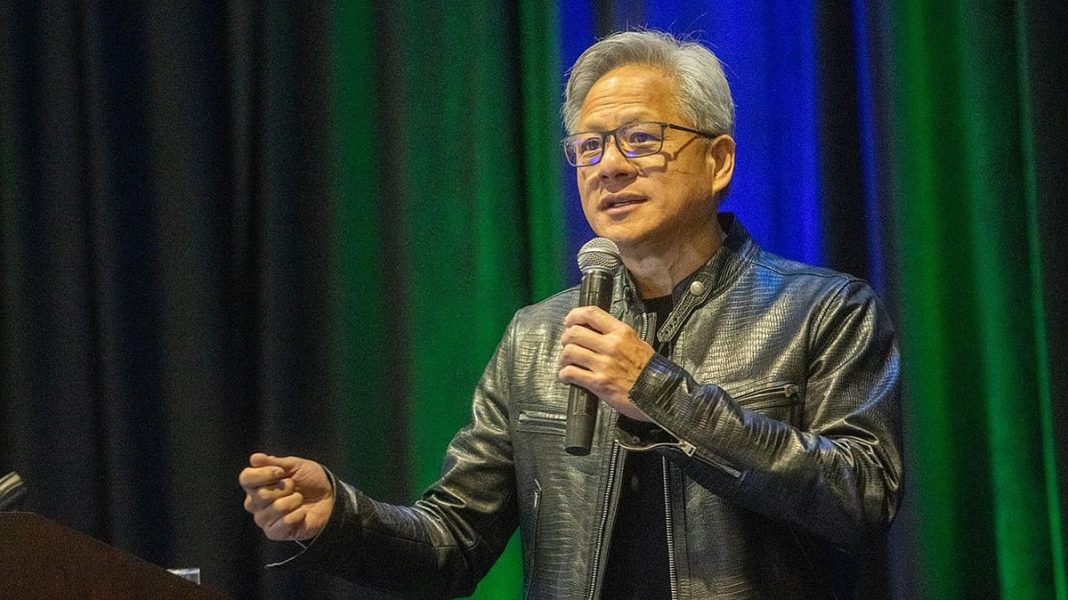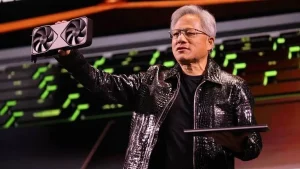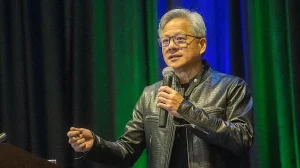Nvidia CEO Demands More TSMC Wafers Amid AI Boom
Nvidia CEO Jensen Huang has personally requested additional chip supplies from Taiwan Semiconductor Manufacturing Co (TSMC) as artificial intelligence demand continues to outstrip production capacity month after month.
Key Takeaways
- Nvidia CEO Jensen Huang requested additional wafer capacity from TSMC
- AI hardware demand is growing month by month, outstripping supply
- TSMC confirmed discussions but warned capacity remains tight
- Memory suppliers SK Hynix, Samsung, and Micron are scaling production
Direct Appeal at TSMC Sports Day
Speaking at TSMC’s annual sports day event in Hsinchu, Huang made his supply request directly to TSMC management. He emphasized the critical partnership between the companies, stating: “No TSMC, no Nvidia.”
Huang told reporters that Nvidia’s AI business remains “very strong, and it’s growing month by month, stronger and stronger.” TSMC Chief Executive C.C. Wei confirmed the discussions about additional wafer needs and indicated he expects record sales to continue.
Memory Suppliers Ramping Capacity
Huang noted that Nvidia’s memory partners—SK Hynix, Samsung, and Micron—have already deployed “tremendous capacity” to support AI demand. However, industry executives including those at TSMC have repeatedly warned that wafer capacity remains critically tight.
The supply constraints have left hyperscalers and chipmakers scrambling for components as they race to scale AI deployments worldwide.
Industry-Wide Implications
The capacity request comes during a volatile period for technology stocks, with investor concerns about OpenAI’s funding and some bearish positions on Nvidia shares.
Rivals including Qualcomm are intensifying efforts to challenge Nvidia in the AI accelerator market, putting additional pressure on TSMC’s already constrained production pipeline.
Industry observers are watching whether TSMC can allocate extra wafer capacity without disrupting other customers, and whether Nvidia’s push for more supply will ease or deepen the semiconductor industry’s short-term crunch.







